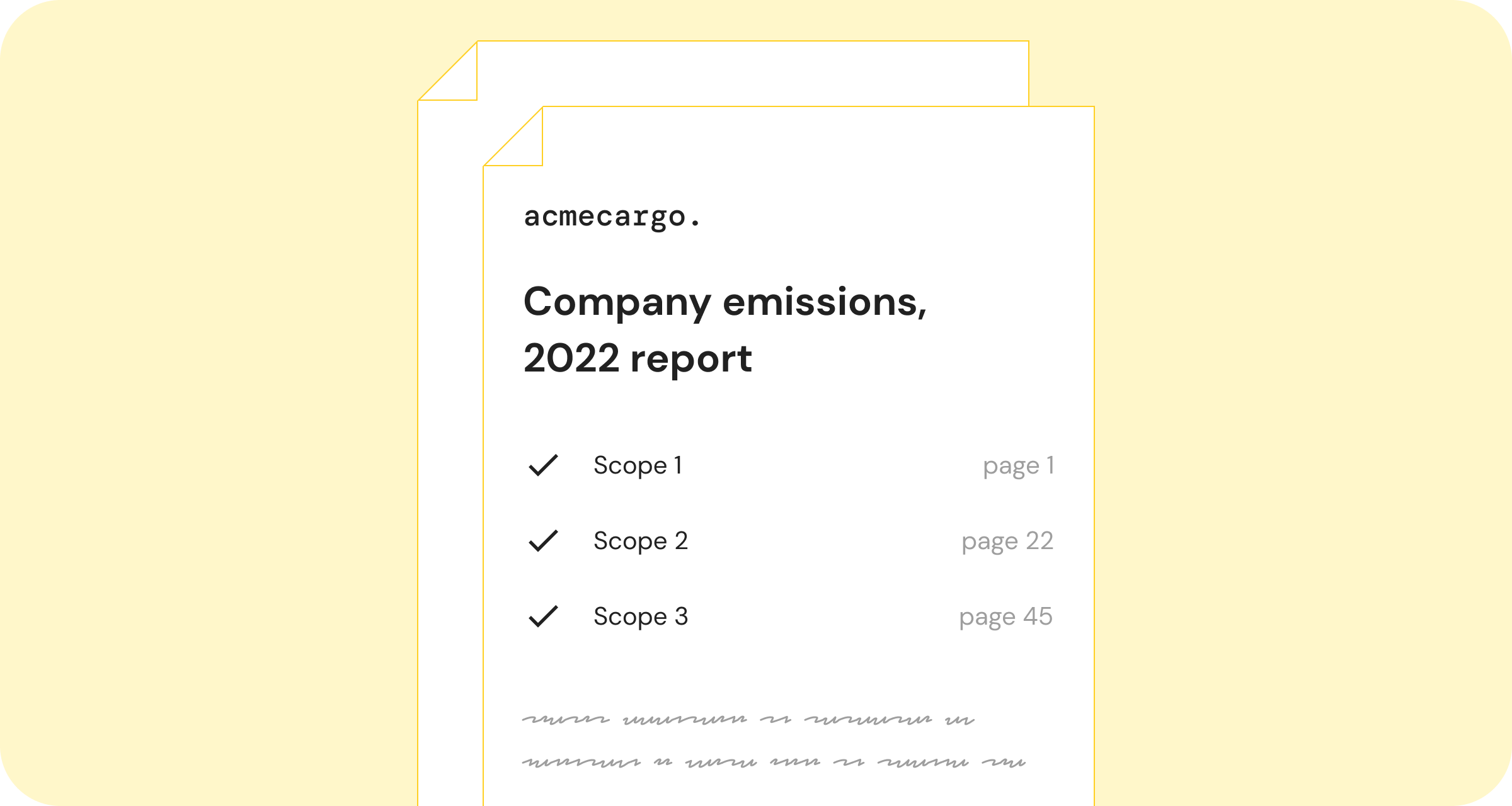

“I want to be a train driver when I grow up!”. These fading childhood dreams are becoming a real problem for the logistics sector. Only 8% of 11-20-year-olds see logistics as a career opportunity.
The logistics sector has a talent shortage. It’s an issue that has been growing for over a decade and has worldwide ramifications. As the global logistics market grows exponentially (9.35% year-on-year!), employers’ needs for certain skills and knowledge heightens the intense competition for limited talent in this industry.
Why is there a talent gap in logistics?
The talent gap troubling the logistics industry has numerous drivers. The main culprits are an ageing workforce and technological advancement.
The current supply of logistics professionals is dwindling as current employees reach retirement. The difficulty arises when trying to replace the retirees; the next generation has limited awareness of logistics as a profession and, according to a Gartner 2020 report, it appears to them as a less attractive career path.
Logistics as an industry is seeing the rapid adoption of automation and digitalisation. Both inherently require a specialised workforce skilled in the likes of coding and data analytics. If logistic companies can’t plug the talent gap, there are significant consequences.
To change the climate status quo, we must go above and beyond industry standards. We need to raise the bar, and then raise the bar again. This is why Lune’s emission calculations eclipse industry standards, including flight estimates.
What’s the cost of this gap?
The obvious impact of this talent gap is: not enough people to do the work = not enough work done.
The difficulty in recruiting and retaining qualified employees impedes operational efficiency, resulting in delays and disruptions throughout the supply chain. Consequently, businesses miss deadlines and leave customers dissatisfied, damaging them financially and reputationally.
It’s not good for business.
If losing customers was not enough of a financial burden, further implications arise from the costs associated with high employee turnover. Turnover can cost employers 33% of an employee’s annual salary. For a sector that runs on tight margins, it needs to attract AND retain talent.
Can we plug the gap?
Yes! Steps can be taken right now to diminish the logistics talent gap.
Graeme Doyle, Managing Partner at The Logistics Partnership Recruitment and MVP recruitment, recommends that logistics firms should understand the motivations of the next generation, to help attract and retain talent in a sustainable fashion.
The word sustainable is key.
More than 40% of Gen Z and Millennials have changed jobs or sectors due to climate concerns, or plan to do so in the future. They care about the planet; so employers should too.
Subscribe for the latest insights into driving climate positivity

What does Graeme mean by saying sustainability is an expectation? Let’s use an analogy to unpack it.
As a delivery service, every package is expected to arrive on time. When a package arrives on time, it's appreciated but not surprising. However, if a package is delayed or lost, people get annoyed.
Similarly, when hiring in the logistics industry, companies with strong ESG credentials and green initiatives are like those on-time deliveries—they meet candidates’ expectations. If a company lacks these credentials, they’ve just lost their talent package.
A company with an industry-leading sustainability strategy embedded into their core value proposition delights talent like an early delivery. It cultivates a positive brand image, increasing their appeal to potential employees
Not only does sustainability help logistic companies attract top talent, but it helps them win more deals. It’s a win-win situation!

Greening the logistics talent gap
Overall, the talent crisis in logistics and supply chain is driven by multiple factors, all of which can negatively impact operational efficiency and financial health. To ensure a business’ success, attracting the right talent and ensuring employee longevity is key to diminishing the talent gap.
A sustainable company goes hand in hand with a sustainable workforce. A powerful way of achieving this is by focusing on enhancing an organisation’s sustainability initiatives.
To learn more about the push and pull factors driving green supply chains, download Lune’s free guide: Greening the Supply Chain.

Readers also liked
Readers also liked

Subscribe for emissions intelligence insights
Get the latest updates in the world of carbon tracking, accounting, reporting, and offsetting direct to your inbox.


